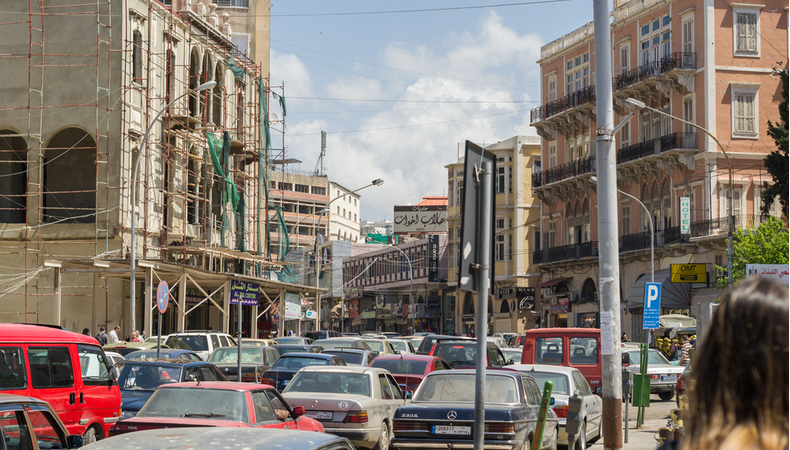Lebanon among the three most serious crisis since the mid-nineteenth century, World Bank warns

The crisis is so catastrophic that World Bank experts do not hesitate to define it “among the three most serious on our planet since the mid-nineteenth century.”
The full-day queues witness this at distributors, the continuous cuts to the national electricity grid, the lack of essential goods such as medicines, closed supermarkets, the collapse of wages, the almost zeroing of the national currency value, and tight banks. Imagine what it means for an entire population to discover that savings are frozen; not only is there no access to credit, but above all, you have to live for the day. You have to make do with the black market, prevailing corruption, and the absence of public aid.
Just under a year ago, its roughly 6 million inhabitants (including over a million Syrian refugees who have arrived since 2011) genuinely believed they had hit rock bottom. The 4 August blast that devastated Beirut was read simultaneously as yet another proof of the chronic inefficiency of a corrupt political and administrative class to the core. But also as an opportunity for reforms and national redemption. The approximately 2,750 tons of ammonium nitrate were lying for over seven years in a semi-abandoned hangar in the port’s commercial area.
Read| Lebanon hasn’t had a government for 253 days
It soon emerged that there was no trace of the attack, even though several politicians and commentators had pointed the finger at “external enemies.” It had not clarified local “plots” functional to their cause. It was instead an accident. A very bland short circuit had caused the explosion, combined with the heat of summer and the particular absurdity for which boxes of fireworks were stacked next to the highly explosive nitrate. But it was even more severe. He threw in everyone’s face what every Lebanese knows very well: the state has failed, the traditional parties are fighting each other in words, but in fact, they cooperate under the table to keep sharing the country’s management.
The redemption hoped for in 2020 never happened: on the contrary, stagnation prevails today. L’Orient le Jour, the French-language newspaper close to the anti-Syrian component of the local Christian community, stresses that the lack of fuel is fueled by smugglers colluding with parties and security forces that allow its illegal sale Bashar Assad regime.
The reason is apparent: in Lebanon, the power is heavily subsidized by the public coffers, while selling it in Syria at much higher prices guarantees huge black takings, which are then shared between the authorities involved. Complicating the crisis is also the fact that the collapse of the Syrian economy has practically eliminated trade with Lebanon, once worth billions.
It is not strange that yesterday Hassan Diab, the premier who resigned for about ten months but was forced to head the transitional government, launched a dramatic request for help from the international community, fearing “the imminence of a serious and violent social explosion.” In a few months, the gross domestic product fell by 40 percent. Two years ago, the dollar was worth less than 1,000 Lebanese pounds, today more than 18,000 on the black market (the official exchange rate, which nobody uses, is still at 1,500).
The population adapts no lifts to cope with the difficulties; the family takes turns to stand in line at the distributors. However, you go on foot, the market for solar panels is growing. Above all, those who can emigrate impoverished by depriving the country of the best professionals, among the most affected, the victims of Covid who do not find treatment.




